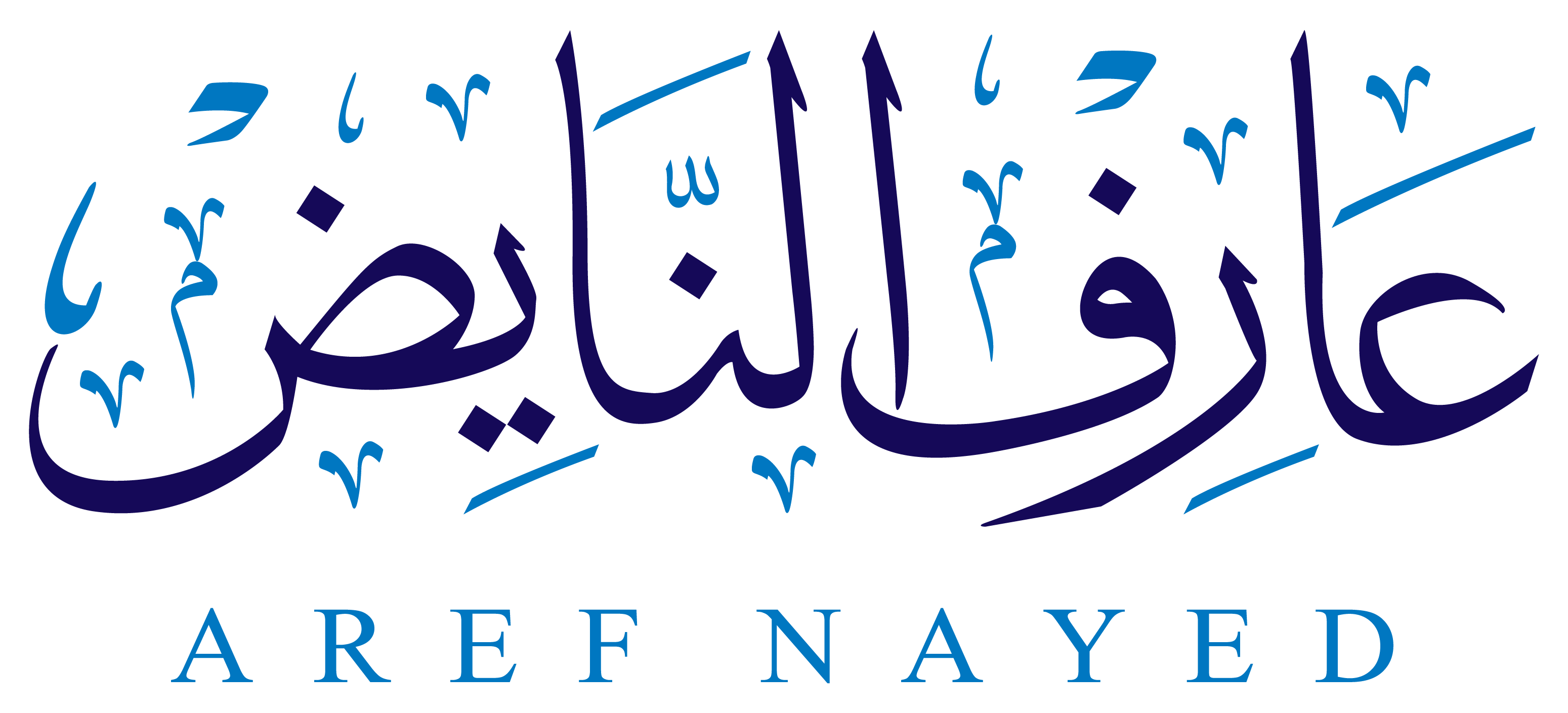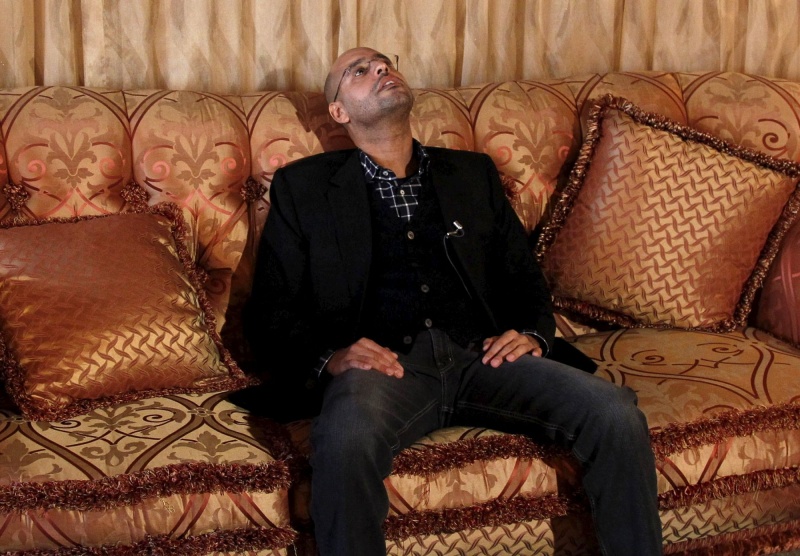Tripoli: The international community insists on the trial of Saif al-Islam, son of the late Libyan colonel Muammar Gaddafi, deepening uncertainty about his political fate and hindering his efforts to rule Libya again.
On Wednesday, the International Criminal Court (ICC) called on the UN Security Council to intervene and assist in the arrest of Saif al-Islam Gaddafi, who is accused of war crimes.
Supporters of Saif al-Islam are surprised by the ICC’s insistence on extradition despite the absence of several conditions for his trial, including Libya’s failure to join the court and the Rome Charter, under which it was established.
Experts in international law say that the ICC allows it to intervene if the national judiciary does not exercise its jurisdiction, which is contrary to the status of Saif al-Islam, who has been tried in absentia in his country until the amnesty law under which he was released was invoked.
In July 2015, Libya’s parliament passed a general legislative amnesty law, two days after a Tripoli court sentenced Saif al-Islam and a number of figures to his father’s regime to death.
The 11-article law stipulates that all Libyans will be exempted from a general and comprehensive amnesty from February 15, 2011 (the date of the February revolution) until the date of the law’s passage.
The Abu Bakr al-Siddiq battalion, which was holding Saif al-Islam in the city of Zintan and loyal to the army led by Field Marshal Khalifa Haftar, announced his release last June in accordance with the amnesty law issued by the House of Representatives, but it is not known whether he is in Libya or left.
The Gaddafi regime continued to enjoy the support and loyalty of some tribes, particularly in the southern regions of Warshvana, southwest of Tripoli, and the city of Bani Walid, which includes the Warfala tribe, one of Libya’s largest tribes, as well as a number of tribes in Muammar Gaddafi’s hometown of western Libya.
Many Libyans also backed down from supporting the “February 17 revolution” after successive governments failed to achieve their goals, and the armed conflict between the “rebels” over power intensified, causing the living situation to deteriorate.
This failure restored Libyans’ nostalgia for Gaddafi’s rule, which serves his son Saif al-Islam’s efforts to return to power.
Saif al-Islam announced in March his candidacy for the presidential elections with an electoral program that he said was “aimed at restoring the Libyan state and making it for all”, and the announcement of the candidacy was made by Ayman Boras, who is in charge of Gaddafi’s son’s political program, during a press conference in Tunisia.
Saif al-Islam’s lawyer Khaled al-Ghweil later announced that his client planned to run in the country’s presidential elections scheduled for this year, with the aim of “saving” the country from chaos. Al-Ghweil said it is important for Saif al-Islam Gaddafi to “save Libya and bring it back to its place on the international scene.”
Saif al-Islam is running on behalf of his Popular Front for the Liberation of Libya (PFLP), hoping to build a “new Libya” without exclusion and marginalization, and without outside interference, he said. Gaddafi’s son’s lawyer added that the latter, who is in Libya, is free to meet with all Libyan tribes to develop his vision of consensus.
But observers say that this loose rhetoric conveyed by his supporters makes all possible hypotheses about alliance with internal and external parties to help him reach power.
In light of the political divide, Gaddafi’s supporters have become a paper for the parties to the conflict to compete for.
Although the authorities in eastern Libya, which rejects the current of political Islam, were the first to extend the hand of reconciliation to the symbols of the Gaddafi regime, his family and sons, recent reports of preparations for the formation of a coalition of leaders from the former regime and Islamist groups.
According to media reports on Wednesday, Islamic and other leaders affiliated with the Gaddafi regime will hold a meeting in the Senegalese capital Dakar under the auspices of Qatar-Turkey to discuss the formation of an alliance between the two sides.
Saif al-Islam Gaddafi was among those who led reconciliation with the current of political Islam, including Ali Al-Salabi and Abdul Hakim Belhadj, and called for their involvement in the government, before turning against him and leading the uprising that toppled his father’s regime.
Followers of such an alliance, especially with Saif al-Islam, whose candidacy for the presidency is not supported by the anti-Islamist camp led by army commander-in-chief Field Marshal Khalifa Haftar, who many believe is preparing to run for president.
In January, Field Marshal Khalifa Haftar attacked Saif al-Islam Gaddafi for running for president.
“Many naïve people still unfortunately believe in the sword of Saif al-Islam ” he said, before retracting the remarks and accusing the French weekly of misrepresenting his statements.
Aref Nayed, Libya’s former ambassador to the UAE, known for his hostility to the political Islam movement, was also nominated for the same camp.
Source : alarab.co.uk

